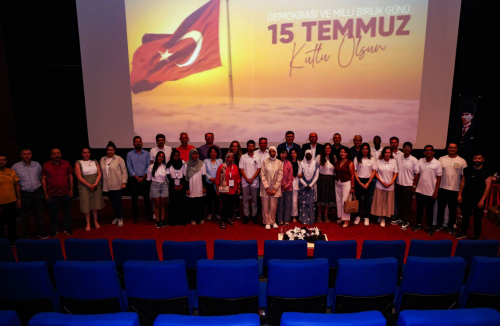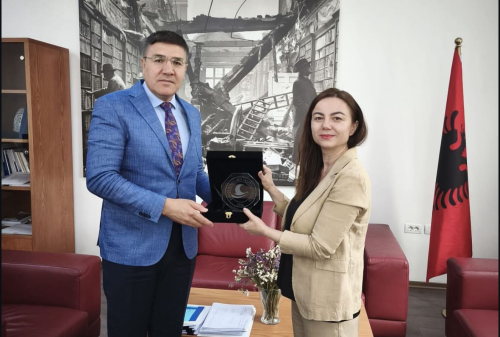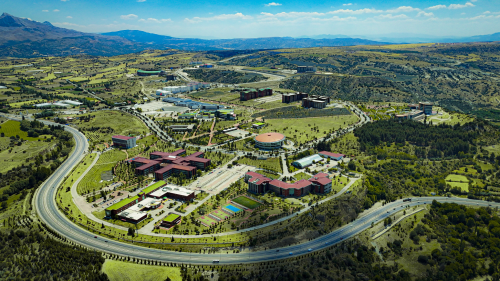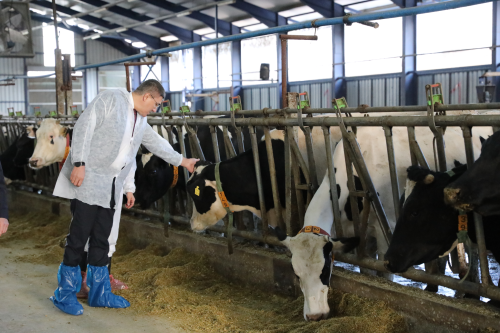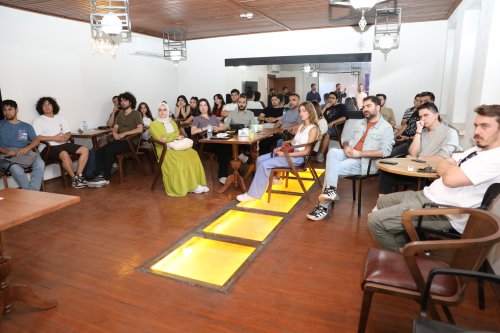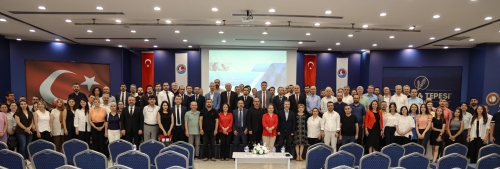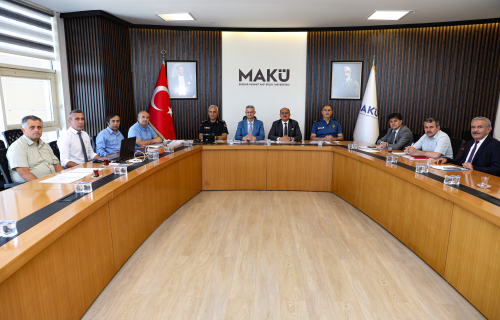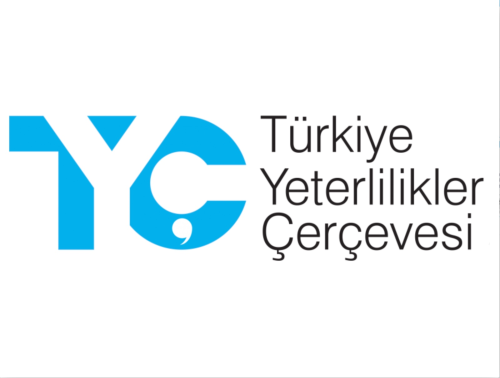At the event held at Lavanta Tepesi Hotel under the title “The Future Roadmap in Vocational Schools - Education, Technology, and Sector Meetings,” academia and sector representatives gathered at the same table.
Speaking at the opening session of the workshop, Vocational Schools Coordinator Assoc. Prof. Dr. Ragıp Yıldırım emphasized that the event is not only a meeting but also a process of generating common wisdom for the future. Yıldırım stated that within MAKÜ, 13 thematic vocational schools provide education with approximately 80 associate degree programs. Yıldırım noted that there has been a significant transformation within these structures in recent years and expressed that preparations are being made for the professions of the future with new programs focusing on areas such as digitalization, artificial intelligence, and green transformation.
Highlighting the importance of an innovative education approach centered on accreditation processes, sector collaboration models, and practical training, Yıldırım said, “This workshop is a very valuable step to enhance quality in higher education and prepare our students for a stronger future.”
Closer contact with the sector, stronger education
Speaking at the workshop, MAKÜ Rector Prof. Dr. Hüseyin Dalgar stated that it is necessary to reevaluate the place and potential of Vocational Schools within the university system.
“Today, access to information has become easier. Our students are looking for not only information but also inspiration and vision in the classroom. Therefore, we must adopt an education model that not only tells but also guides,” said Dalgar, emphasizing the importance of practical training.
MAKÜ ranks 1st in graduate employment among universities in Turkey!
Rector Dalgar reminded that MAKÜ is one of the first universities in Turkey to implement the 7+1 education model, stating that with this system, students gain active experience in the sector for one year before graduation, and the number of students employed with this model has reached 65%. Rector Dalgar said, "Our university has started to see the concrete results of our employment-sensitive and innovative education model, ranking 22nd in the overall employment rate of our graduates in Turkey and 1st among universities established after 2006."
Dalgar also announced that as of September, at least 3-5 micro-competency modules will be implemented in each department. He stated that these modules aim to impart skills needed by the era, such as digital transformation, sustainability, and data literacy.
Strategic presentations from YÖK and MYK
At the workshop, Higher Education Council (YÖK) Advisor Assoc. Prof. Dr. İlyas Kara made a presentation titled ‘Current Situation Analysis of Vocational Schools and Vocational Education Roadmap.’ Kara stated that there are 1010 Vocational Schools across Turkey, with the total number of students exceeding 1 million 100 thousand and the occupancy rate reaching 100%.
Vocational Qualifications Authority (MYK) – Turkey Qualifications Framework (TYÇ) Department Head Özgen Uludağ also provided information about the studies conducted on micro-competencies, digital transformation, and artificial intelligence. Uludağ stated that there are currently 18 programs placed in TYÇ at MAKÜ and expressed that this number will increase significantly in the near future, adding that the Procedures and Principles Regarding Micro-Competencies have come into effect.
Common wisdom and future vision
Throughout the day-long sessions, topics such as the alignment of curricula with sectoral needs, internship and employment collaborations, technological transformation in education, and graduate tracking systems were discussed. Participants included university administration, YÖK and MYK representatives, sector leaders, academicians, graduates, and students.
At the end of the event, a facsimile of the Safahat Book was presented to the speakers by Rector Prof. Dr. Hüseyin Dalgar.
The workshop, reflecting the strong educational vision spreading from Burdur to Turkey, laid the transformation process of vocational schools on the table.
Diğer Haberler
